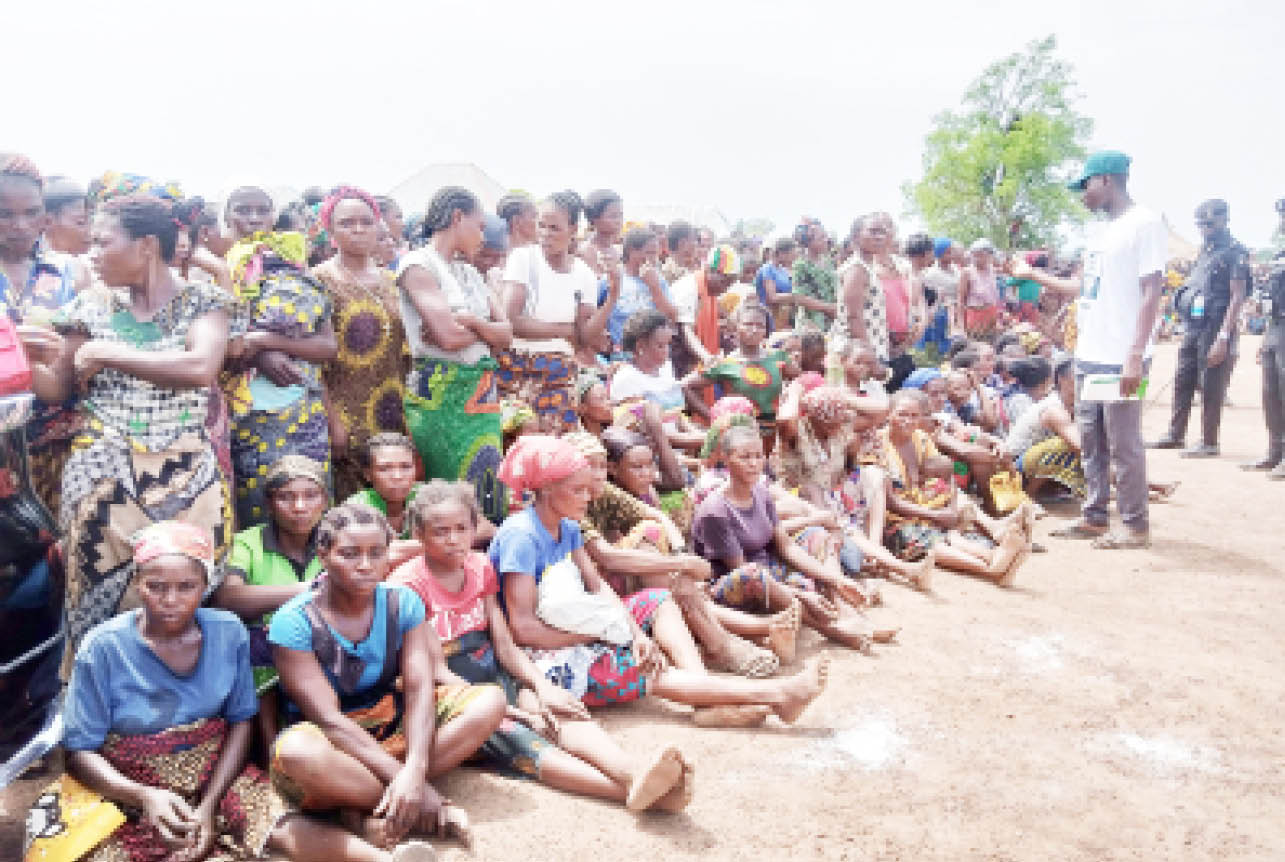The Permanent Secretary Federal Ministry of Humanitarian Affairs and Poverty Alleviation (FMHAPA), Abel Enitan, has said an estimated 64.5 million individuals require assistance and protection in the West African region.
He disclosed this at the regional workshop on the validation of baseline data on the humanitarian needs assessment of Persons of Concern – IDPS, refugees, returnees, stateless persons, asylum seekers and communities – organised by the Economic Community of West African States (ECOWAS) on Tuesday in Abuja.
In his welcome address, he stated: “In 2023, the challenges facing West Africa led to an estimated 64.5 million individuals requiring assistance and protection in the region.”
Speaking through the Director of Humanitarian Affairs of the FMHAPA, Mr Valentine Ezulu, he said: “In light of the prevailing challenges, characterised by violence, insecurity, armed conflicts, natural disasters and governance issues, it is evident that our region is facing deepening humanitarian crises.
- Nigeria shouldn’t pursue people trading in Binance –Ex-DSS boss
- Bandits kill Zamfara community guard commander, abduct 6
“As we gather here, it is crucial to recognise the pressing need to address the unprecedented levels of food insecurity, and displacement and the urgent response required from each Member State.
“The Commission’s initiative to support national responses underscores the importance of validating baseline data on the humanitarian needs of IDPs, refugees, returnees, stateless persons, asylum seekers, and their host communities.”
ECOWAS to develop needs assessment
Meanwhile, ECOWAS is planning to develop a humanitarian needs assessment for the assistance of Internally Displaced Persons (IDPs), refugees, and asylum seekers within the region.
The Commissioner of Human Development and Social Affairs in ECOWAS, Prof. Fatou Sarr, while speaking at the regional workshop noted that the ECOWAS Commission had constantly developed and reviewed its strategies in collaboration with member states and relevant partners in line with its principal mandate of assisting member states to reduce the suffering of populations affected by humanitarian emergencies and affected communities.
However, the commissioner said the United Nations High Commissioner for Refugees disclosed that, “6,919,306 people were forcibly displaced of which 6,284,384 were IDPs, and 634,922 were refugees and Asylums seekers as of December 2023.
“The UNHCR 2024 report has put the figures of stateless population in the region at over 931, 000.”
She added that the information collated from the region in 2024 showed that population displacement resulting from varied humanitarian events has contributed enormously to the worsening of the humanitarian situation.
The commissioner represented by the Director of Humanitarian and Social Affairs, ECOWAS Commission, Sintiki Ugbe said, “In 2023, the ECOWAS Humanitarian assistance focused on populations affected by severe flood disasters and food insecurity in the Member States.
“In 2024, the data and information collated from the region, have shown that population displacement resulting from varied humanitarian events, especially conflicts, have contributed enormously to the worsening of the humanitarian situation.”
In response to the increasing humanitarian events in the region, Sarr stated that the workshop which involved participants from member states would come up with appropriate data and information on the needs of populations affected by the identified challenges to further close the response gaps and reduce humanitarian sufferings.
“Accordingly, the workshop will focus majorly on addressing the impact of displacement and related humanitarian events on refugees, IDPs, migrants, asylum seekers and stateless persons as well as host communities in 2024.
“Other factors such as food and nutrition crisis and the prospects in the coming months and expected mortality rate, etc. have also formed the core reasons for ECOWAS’ decision to respond to these segments of the population in need,” she said.

 Join Daily Trust WhatsApp Community For Quick Access To News and Happenings Around You.
Join Daily Trust WhatsApp Community For Quick Access To News and Happenings Around You.

